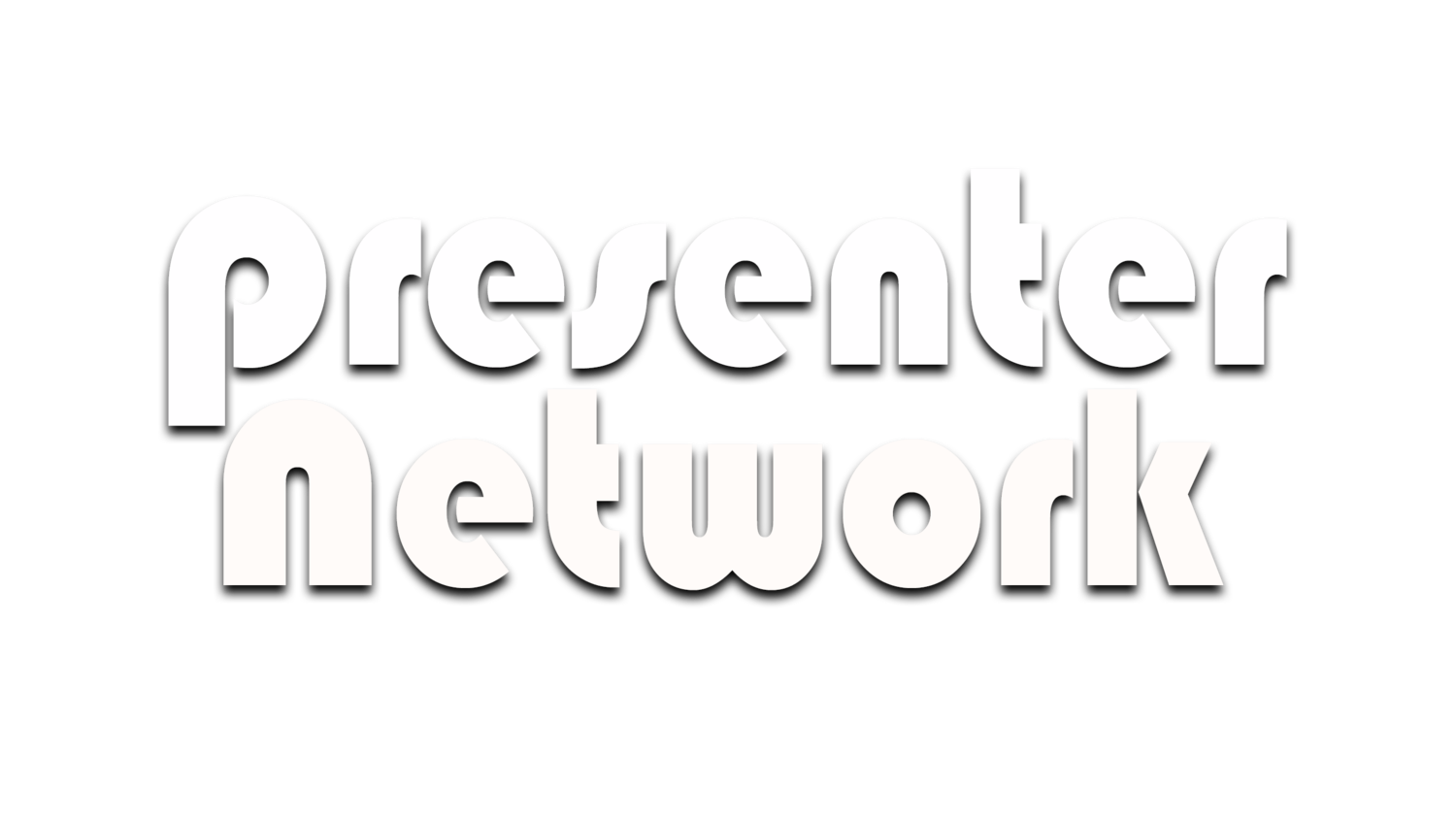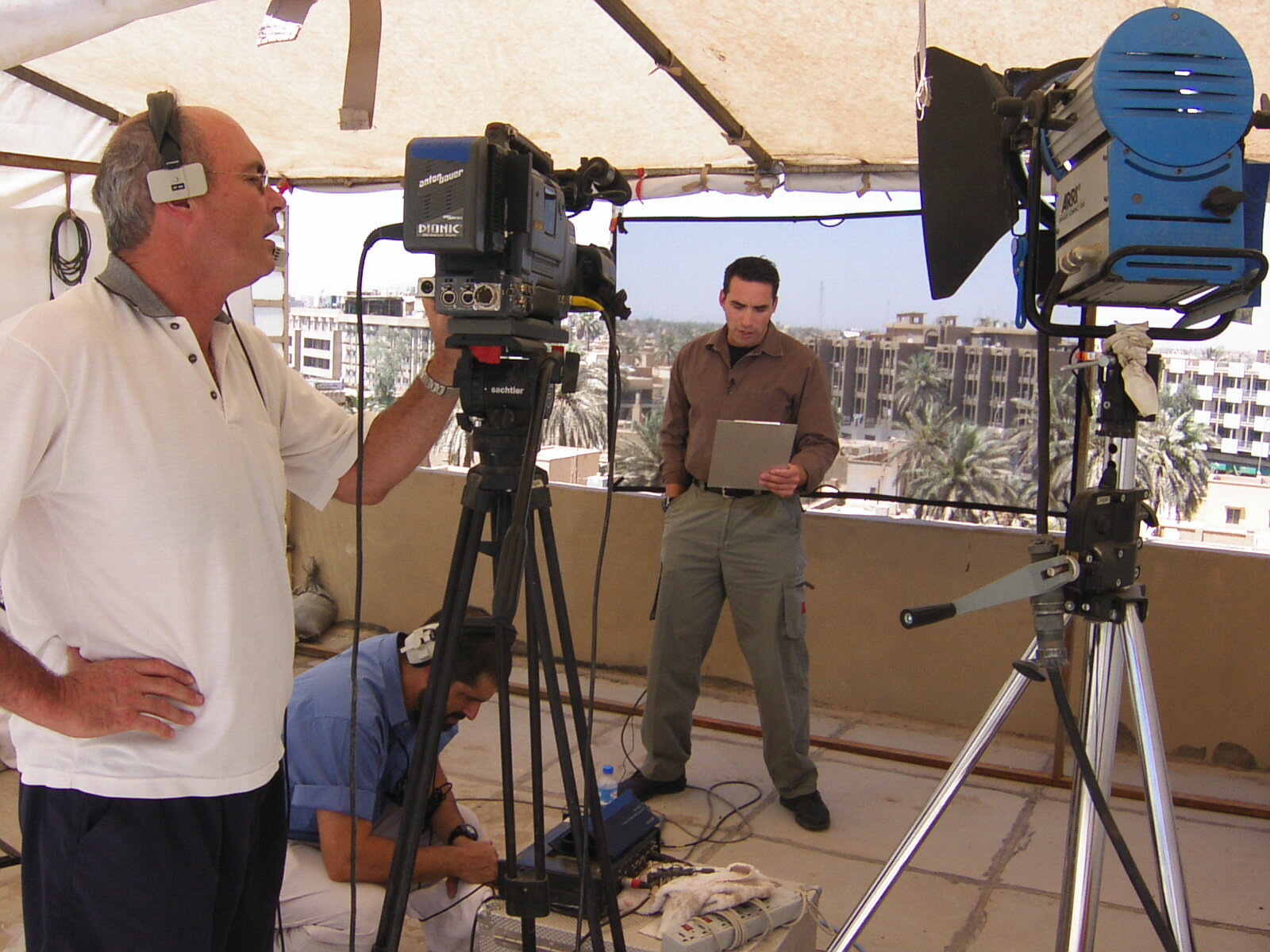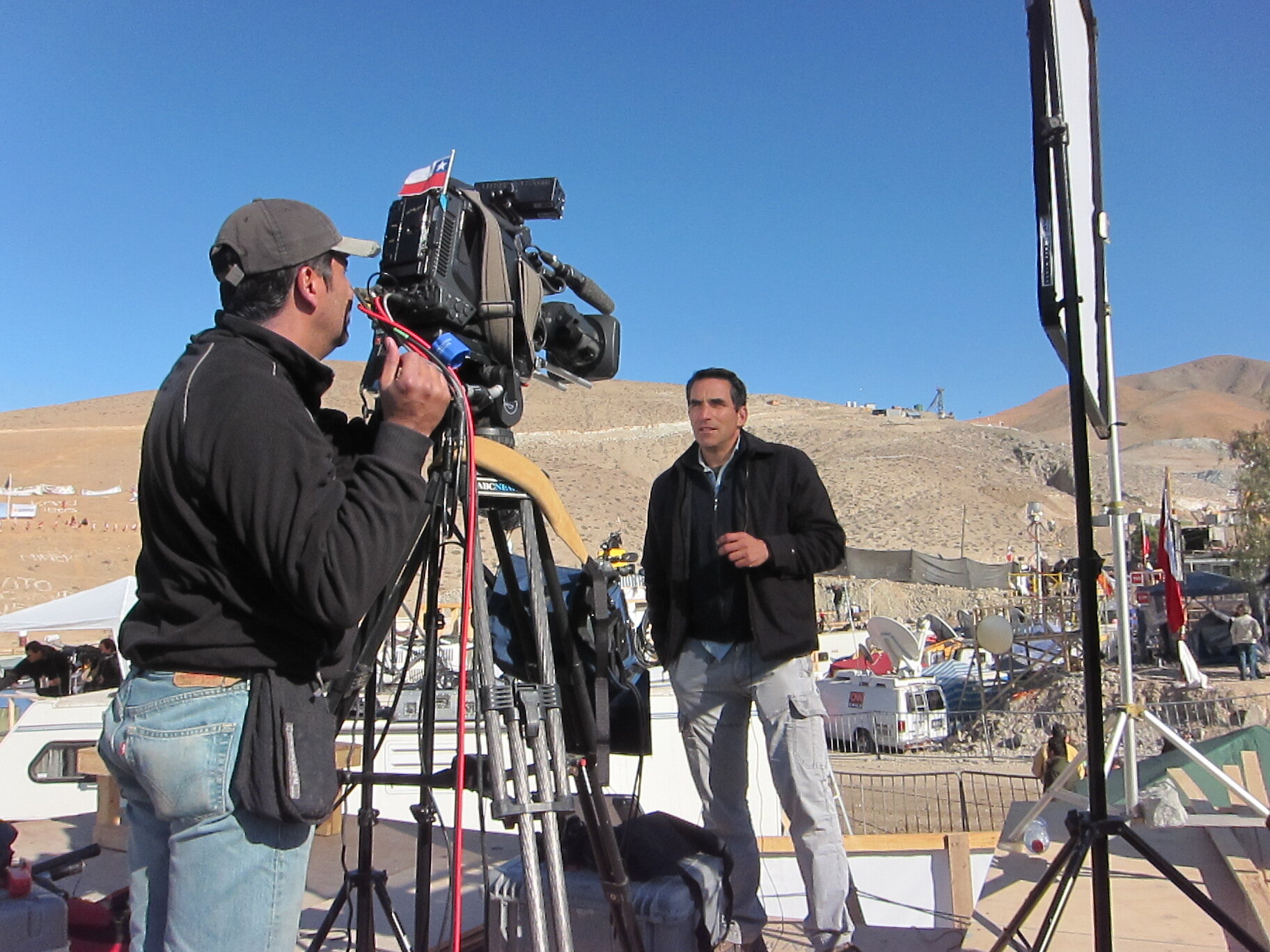The Accidental Entrepreneur - Jeff Kofman
You know how to Google but do you know how to Trint? That is the big question the self-proclaimed ‘accidental entrepreneur’ Jeff Kofman wants every broadcast journalist to be asking.
From local TV news presenter to Emmy award winning war correspondent and now CEO of his own tech start up business, Jeff Kofman has been on quite an amazing journey so far.
“If you had told me 5 - 10 years ago that I would at this stage in my life be running a business I would have said not a chance. I love journalism. I'm a journalist from top to toe and I just didn't see that happening. So I call myself the accidental entrepreneur.”
Jeff’s journalistic credits read like a timeline of some of the most significant events to have happened around the world in the past 10 – 15 years. As a foreign war correspondent for one of the U.S.’ major news channels ABC he has covered the fall of Gaddafi, the Arab Spring, the Chilean Miners rescue, the Gulf Oil Spill, Hurricane Katrina and the Iraq War.
Originally heralding from Toronto, Canada where his epic journey first began, he started out as a broadcast journalist with CBC (the Canadian Broadcasting Corporation) some 30 years ago and he’s been at the forefront of the media industry ever since. He’s witnessed just how much the industry has changed and has seen first hand the evolution of technology and media communication - from typewriters, teletext and film to laptops, the internet and digital media – he’s seen it all and used it all before.
Fortunately for him it’s not all been about disasters and catastrophes as he’s also found himself in some of the most beautiful parts of the world too reporting on and participating in some pretty incredible things along the way such as watching wildlife in the south pacific, scuba diving in the Antarctica and flying jet planes faster than the speed of sound.
To hear him talk about the news broadcasting industry and its intense rivalry is fascinating knowing he’s been involved in it for such a long period of time and his description of its fierce competiveness to attract viewers, just like any other TV programme shouldn’t come as any surprise.
“You know the thing about the news business in the U.S. is that it's a business.
And that's the thing that I think is really frankly undermining because the old line networks in the U.S. - CBS, ABC, NBC have faced more and more competition since the arrival of CNN in the early 80s, Fox in the mid 90s and then the absolute fracturing of the news ecosystem by the Internet.
They have all had to fight for oxygen and oxygen meaning readers eyeballs and ultimately advertising in order to sustain themselves and in many ways what's happened during this period is a kind of a race to the bottom.
What do people want to read about? You know if you go to ABCNews.com you will discover that Prince Harry is going to get a lot more clicks than the Greek economy and that's what I witnessed and so the stories on the Greek economy become…, well you know people aren't so interested, maybe we can pass on that.”
Having survived in one of the most competitive industries around Jeff decided to change direction, moving out of frontline journalism into academia having been asked to design some University courses in London and this is what he’d probably be doing now if it wasn’t for a chance encounter with a group of IT software developers who persuaded him to join their new tech start up.
“I was at a conference and met some developers who'd done something really interesting in a prototype of a transcription tool for manual transcription tying the audio to the text. I'd never seen it before and it was kind of one of those moments you see in a children's cartoon…a light bulb literally went on in my head.”
With the tech teams expertise and Jeff’s expert field knowledge they have been able to visualize the far reaching potential that such technology can have and from this kernel of an idea about audio to text transcription, or Trint as it is known, they’ve grown a business that now includes a payroll of 11 people.
“The interesting thing is that having had the most fascinating, challenging career I could have dreamed of in journalism, I haven't missed it for a day. This is such a fascinating journey. It is so hard. It is so hard. I can't say that enough. The hours, the responsibility, the learning curve but it is so interesting and a lot of it is really fun”.
But what’s so innovative and groundbreaking about this new technology in an area that is always rapidly evolving?
“To me what’s so impressive is the idea that you could actually make all your video recordings come alive and searchable. Because if you have worked as I have in broadcasting, the big challenge is what's commonly known as dark data.”
Dark data being the information that is considered hidden in the video vaults around the world where there is little or no knowledge of its exact audio content. The Trint technology enables you to transcribe instantly any video, making it possible to then word search any recording, allowing a whole new level of searchable detail not previously possible.
For journalists this would reduce the hours of laborious transcription into a matter of pain free minutes.
“The entire newsgathering process has been utterly disrupted, transformed and changed beyond recognition from where I began, except one part and that's how we get the content out of audio recording. When I began in television we used to have a mini cassette recorder and I would hold it next to the microphone during an interview and we'd get back in the vehicle and on the way back to the station we'd rewind it and I'd play it and I'd stop and then I'd scribble out the quote and I'd play and I'd stop and I'd scribble that so I could start writing the story so I had the precise words. Well today we essentially do the same thing except we use our iPhones or a digital recorder but somebody still has to go play, stop, type, play, stop, type, rewind, play…”
Until now that is of course! Jeff hopes Trint will become every journalist’s best friend and when you consider the growing trend of media content being published on the internet for professional and non-professional reasons including an exponential amount of video content on social media you can begin to imagine the range of potential for such a tool and perhaps this is a little disconcerting too but as Jeff says not much to be concerned about unless you’re a serial killer or politician.
So how come this is not already a staple product for anyone with the need to transcribe and document things? Well it’s still only in its infancy but has already got several major backers including Google, BBC Worldwide and The Washington Post. No doubt journalists have their tried and tested ways of working, but Trint isn’t quite 100% full proof. Not yet anyway. This is obviously problematic, especially if your clients are under fire professionals whose every word is under microscopic scrutiny and even open to litigation.
“As journalists, educators, researchers, marketers, lawyers and doctors you can't afford the mistakes that Siri and other automated speech to text software make.
That's the key. We can only use transcripts we can trust because a single error in automated transcription would cost us our jobs or could land us in court.”
Its accuracy though is still fairly phenomenal considering the barely decipherable sound differences of the spoken word and add to this any background noise or poor sound quality let alone any variations of accents or pronunciation and you get the idea that perfecting this technology is no walk in the park.
“We don't claim that Trint will be perfect. We know that automated speech to text will make errors. It's allowing you in a very efficient way, at a very low cost, to transcribe and make searchable the content of your interviews, of speeches, of news conferences and of lectures. So what I like to say to people is Trint does the heavy lifting and with a trained editor you can polish to perfect. Turning hours of work into minutes.”
So how good is Trint? Well, this hour long interview was recorded by iPhone and transcribed and emailed with a transcode in a matter of minutes. Its accuracy was near perfect and required only a few minor checks and alterations, turning a fairly arduous task into a more than bearable, practically enjoyable experience.
Web: https://trint.com
Email: hello@trint.com
Julian Gaskell







